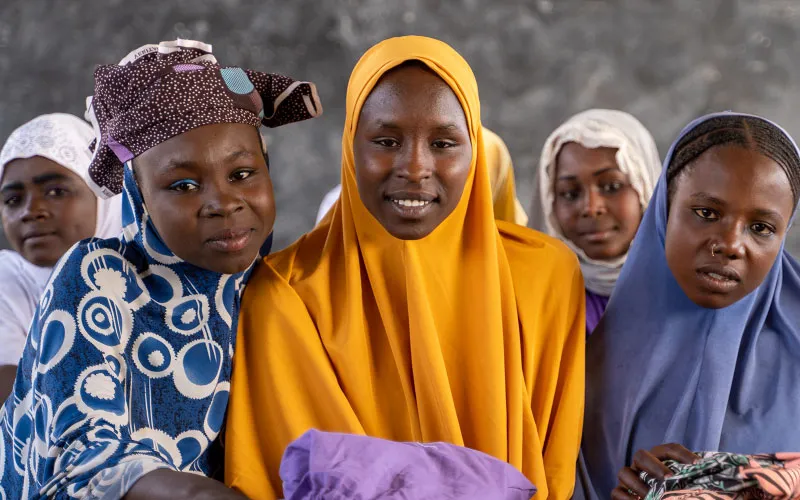N'Djamena, 17 January, 2022 / 8:43 pm (ACI Africa).
More than 6,000 refugees and Internally Displaced Persons (IDPs) attending Chad’s local schools are benefitting from the Menstrual Hygiene Management (MHM) education spearheaded by Jesuits Refugee Service (JRS), an international refugee entity of the Society of Jesus (Jesuits).
In a Wednesday, January 12 report, JRS leadership says that access to MHM kits is essential to the girls for it not only protects them from public shame but also from dropping out of school or missing school.
Through the MHM program, which is being implemented in partnership with Education Cannot Wait, UNICEF, and the Chadian Ministry of Education & Professional Training, JRS leadership says the women will be empowered to contribute more in their respective communities.
“With proper attention, care, and resources, young women can feel empowered to carry on with their schooling, gain confidence and independence, and contribute more than ever to their communities,” JRS leadership says.
In the report, 14-year-old Hazida who benefited from the training narrates her experience when she first had her periods and says that she felt ashamed.








